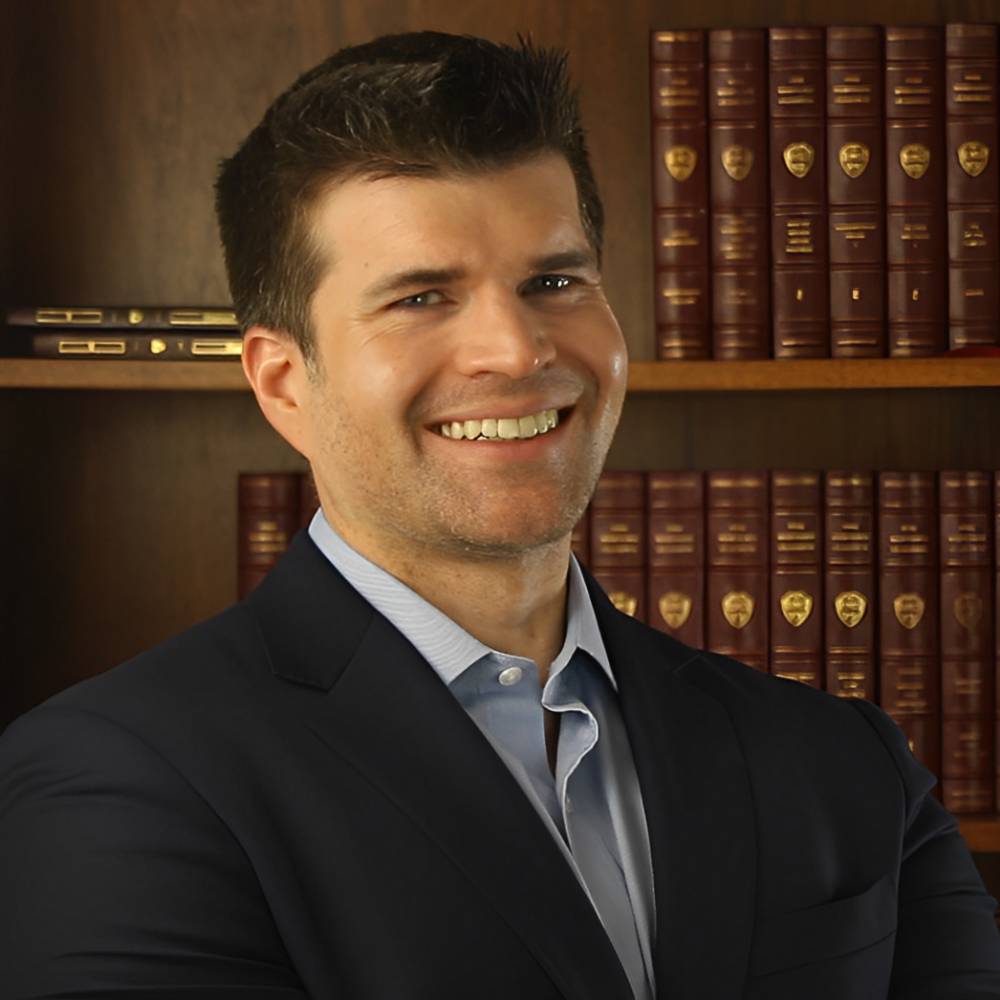Whether it was on TV or in real life, we’ve all heard it – “You have the right to remain silent. Anything you say or do can and will be used against you in a court of law.” It’s called the Miranda Warning. Police officers in all 50 states legally have to recite some version of this message to you anytime you’re arrested or detained for questioning.
But what should you do after the officer cuffs you? Should you talk to them? Or should you stop talking immediately? Arizona criminal defense law firm, Salwin Law Group, is here to explain what your Miranda rights are and what you should do if you are arrested.
Who Is Miranda Anyway?
Something most people don’t know is that the Miranda Warning actually originated from a case in Arizona. Ernesto Miranda was arrested in Phoenix, Arizona in the 1960s for robbery, kidnapping, and rape. His case ultimately made its way to the Supreme Court where it was held that his Fifth and Sixth Amendment rights had been violated during his arrest and interrogation. The ruling of that case laid out the requirements for a new warning that police officers would have to give when interrogating people in their custody. Over the next few years, different versions of the Miranda Warning were written across the country.
Although each state may have slightly different wording, the full text of the Miranda Warning is usually something similar to this: “You have the right to remain silent. Anything you say can and will be used against you in a court of law. You have the right to an attorney. If you cannot afford an attorney, one will be provided for you. Do you understand the rights I have just read to you? With these rights in mind, do you wish to speak to me?”
I Was Arrested, Should I Say Anything To Police?
The short answer is no. Other than giving officers your basic information like your name, address, and birthday, you should not answer any questions. After law enforcement reads you your Miranda Warning, you will need to invoke those rights. That means saying something like “I wish to remain silent and I would like an attorney.” It can be hard to stay silent, especially if you are innocent, but it is extremely important for the outcome of your case that you wait until an attorney is present before answering any questions.
Attorneys know which questions police can and can’t ask you, as well as what interrogation tactics they are allowed to use. Without an attorney present, you may say more than you are legally required to, which could be used against you in court. The legal system is full of rules about evidence and testimony, so leave it to the attorneys to deal with those.

Call Scottsdale Criminal Defense Law Firm Salwin Law Group Today
If you’ve been accused of a crime, Scottsdale AZ criminal law attorney, Stewart Salwin, is an experienced Arizona attorney that can help you navigate the legal system. As a Harvard Law School graduate and former prosecutor, Attorney Stewart Salwin is a great choice to represent you in the courtroom. Call today to schedule your initial consultation!


